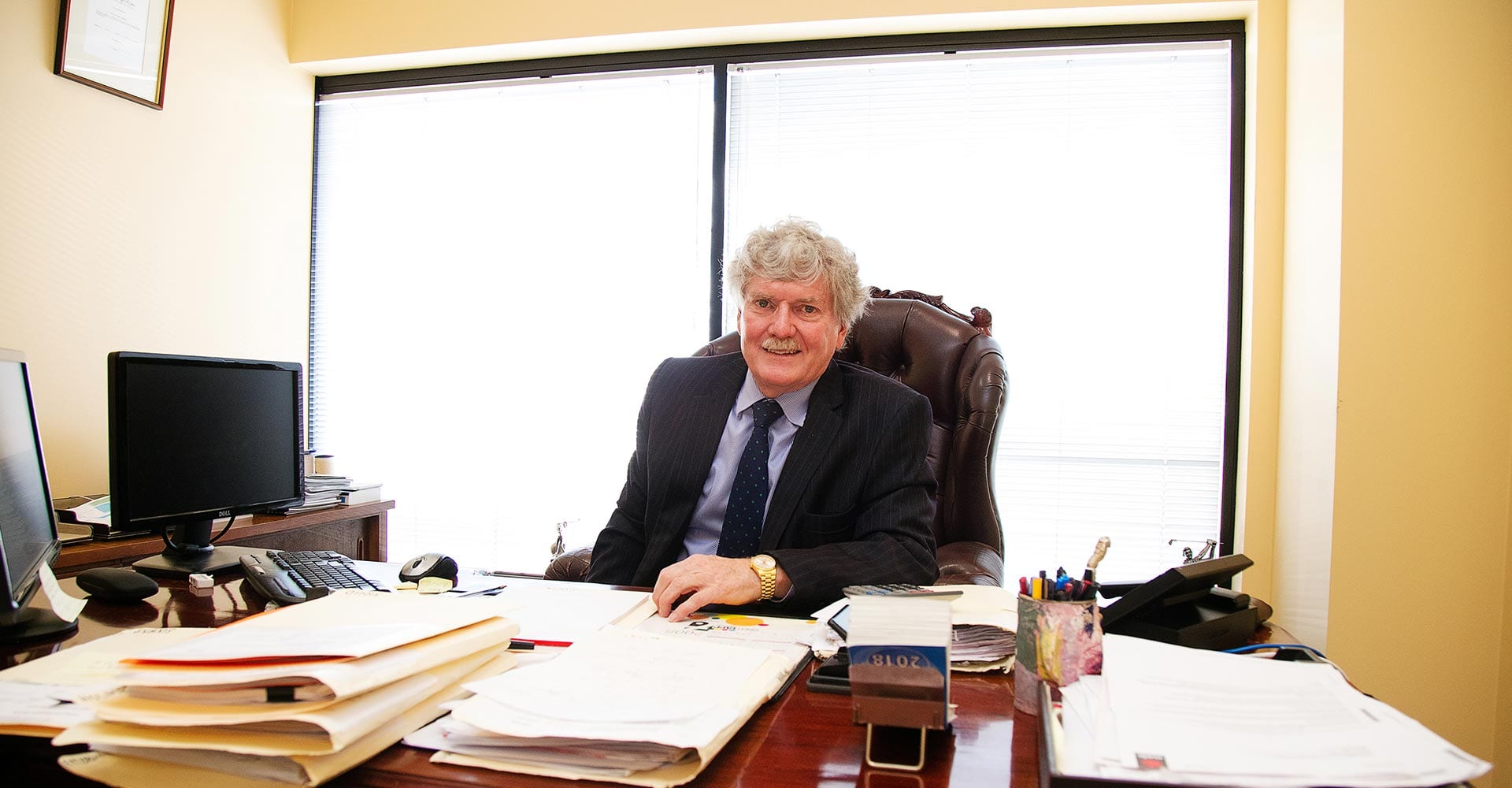No Will? No Worries? NO WAY! Estate Planning – Part One
By Maryanne McGrath & Johanna Woodland.
No one knows better than an experienced deceased estates lawyer about the complications that result when someone dies without a Will or leaves an invalid Will.
“During my years of legal practice, I have been involved in cases which have come about because of poorly or ambiguously drafted DIY Wills or improperly signed Wills prepared by well-meaning family members, often using a Will Kit.
The inconvenience and distress caused to the beneficiaries and the executor, not to mention the cost of rectifying the problems, can be avoided by having your solicitor prepare your Will. A few hundred dollars to have a properly prepared Will instead of thousands of dollars to resolve the problems caused by an improperly prepared or signed Will is a good investment!!”
– Philip W. O’Hearn, Principal
In this Part One of our estate planning series, we will take you through the basics of Wills, and what makes them valid.
What is a Will?
A Will is a document that, put simply, sets out your wishes for the disposal of your assets after your death. If you die without a Will or die without leaving a Will which properly disposes of all your assets, this is referred to as ‘intestacy’.
What makes a Will valid?
Pursuant to the Succession Act 2006 (NSW), a Will is not valid unless:
- It is in writing, and signed by the testator (“Will maker”) or by some other person in the presence of and at the direction of the Will maker;
- The signature is made or acknowledged by the Will maker in the presence of 2 or more witnesses present at the same time; and
- At least 2 of those witnesses attest and sign the Will in the presence of the Will maker (but not necessarily in the presence of each other).
What happens when I die leaving a valid Will?
After you have died, provided that you have left a valid Will, your executor will need to carry out your wishes as stated in your Will. Depending on the type and value of your assets, this usually means applying to the Supreme Court of NSW for a Grant of Probate. A Grant of Probate gives your executor the authority to sell/transfer and distribute your assets. The whole process generally takes between six to twelve months.
What are some common issues with DIY Will Kits?
Some issues that we see often with DIY Will Kits are:
- Names are spelt incorrectly;
- The Will is missing key points of information;
- The Will maker’s intentions aren’t clear;
- The Will is not properly witnessed;
- The Will is witnessed by a beneficiary of the Will;
- The Will is not signed; or
- The Will is not dated.
All of these issues create their own unique problems, which require many additional steps to be taken after the Will maker has died, that are not required with a valid Will.
Next time
In Part Two we will move on to what happens when you do not leave a Will, or your Will is invalid or informal. For more information about our Wills and Estate Planning services, click this link.
Call O’Hearn Lawyers’ experienced Wills and Estate Planning team on 02 4951 8199 today to get started!
The material included in this website is produced by O’Hearn Lawyers Pty Limited. It is designed and intended for general information purposes only. The contents do not constitute legal advice, are not intended to be a substitute for legal advice and should not be relied upon as such. You should seek legal advice or other professional advice in relation to any particular matters you or your organisation may have. By Maryanne McGrath & Johanna Miller
